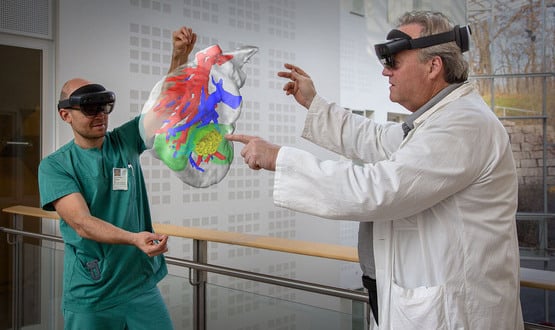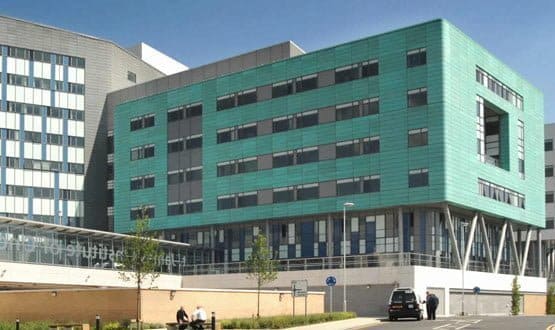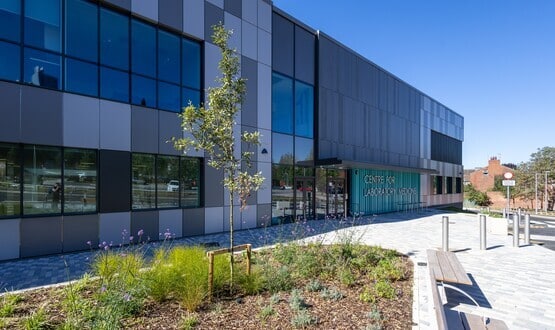HoloSurge project awarded €8.9m Horizon Europe grant
- 23 April 2024

HoloSurge, a four-year project bringing together 14 European leaders in tech and healthcare research, has been awarded an €8.9 million Horizon Europe grant to improve hologram technology for surgical planning – one of EU history’s biggest research and innovation grants.
The HoloSurge project will use the grant to fund the development of HoloCare’s interactive 3D hologram technology. The technology aims to reduce the risk of surgical complications for patients and improve their overall outcomes by improving spatial perceptions for surgeons.
The HoloCare software creates real-time 3D holograms of a patient’s organs, allowing surgeons to precisely plan and personalise surgery to the patient’s unique anatomy. By giving surgeons better spatial awareness, they can be supported to carry out operations more efficiently and accurately, leading to improved wait time, patient outcomes and clinician wellbeing.
The technology is initially being trialled for liver surgeries at five hospitals in Europe, including at Leeds Teaching Hospitals NHS Trust, part of the HoloSurge project. So far these trials have shown a 74% reduction in the time taken to align organs during surgery with HoloCare’s AR images, compared to MRI scans.
The tech is delivered via augmented reality headsets. It enables surgeons to move, rotate and expand the hologram to give an all-round view of an organ. Additionally, anyone wearing the headset can access and interact with the hologram, even if they are not physically in the room with the patient. This is helping to boost collaboration and enhance decision-making by allowing multi-disciplinary teams to access the knowledge of external specialists.
Professor David Jayne, professor of surgery at the University of Leeds and Hon. consultant surgeon at Leeds Teaching Hospitals NHS Trust, said: “The HoloCare technology is an exciting advance in how we treat cancer patients with the potential to transform surgical care. The superior anatomical knowledge gained from the technology will enable more precise surgery with better cancer outcomes for patients.”
Over four years, the HoloSurge partners will support the integration of the hologram technology into existing surgical workflows. The project will also ensure regulatory compliance, clinical validation and technical optimisation for widespread adoption across liver and pancreatic cancer surgeries.
Dr Thomas Lango, chief scientist at St Olavs Hospital and SINTEF in Trondheim, Norway – another HoloSurge member – said: “The fusion of available data sources (CT, MR, ultrasound) into holograms made available for clinicians in minimally invasive procedures like laparoscopic surgery and flexible endoscopy will change the way clinicians work in the future.
“It will empower clinicians to navigate intricate anatomical landscapes with unprecedented precision and 3D understanding not readily available from traditional cross-sectional 2D images. The HoloCare technology promises to not only improve image-guided medical procedures, but also collaboration and training of new experts.”
In the future, HoloCare is working to superimpose the holograms onto the patient during the surgery itself, as a point of reference to further improve accuracy and interoperative navigation.




